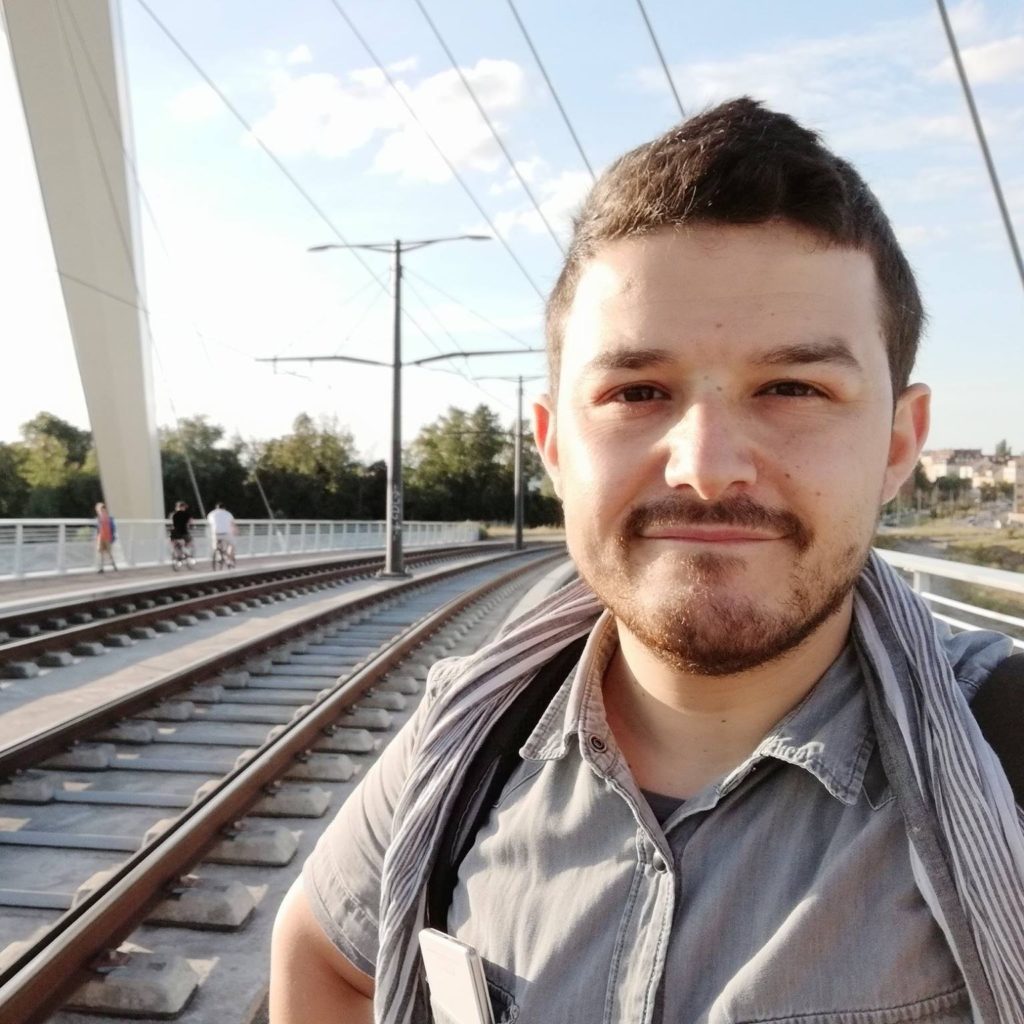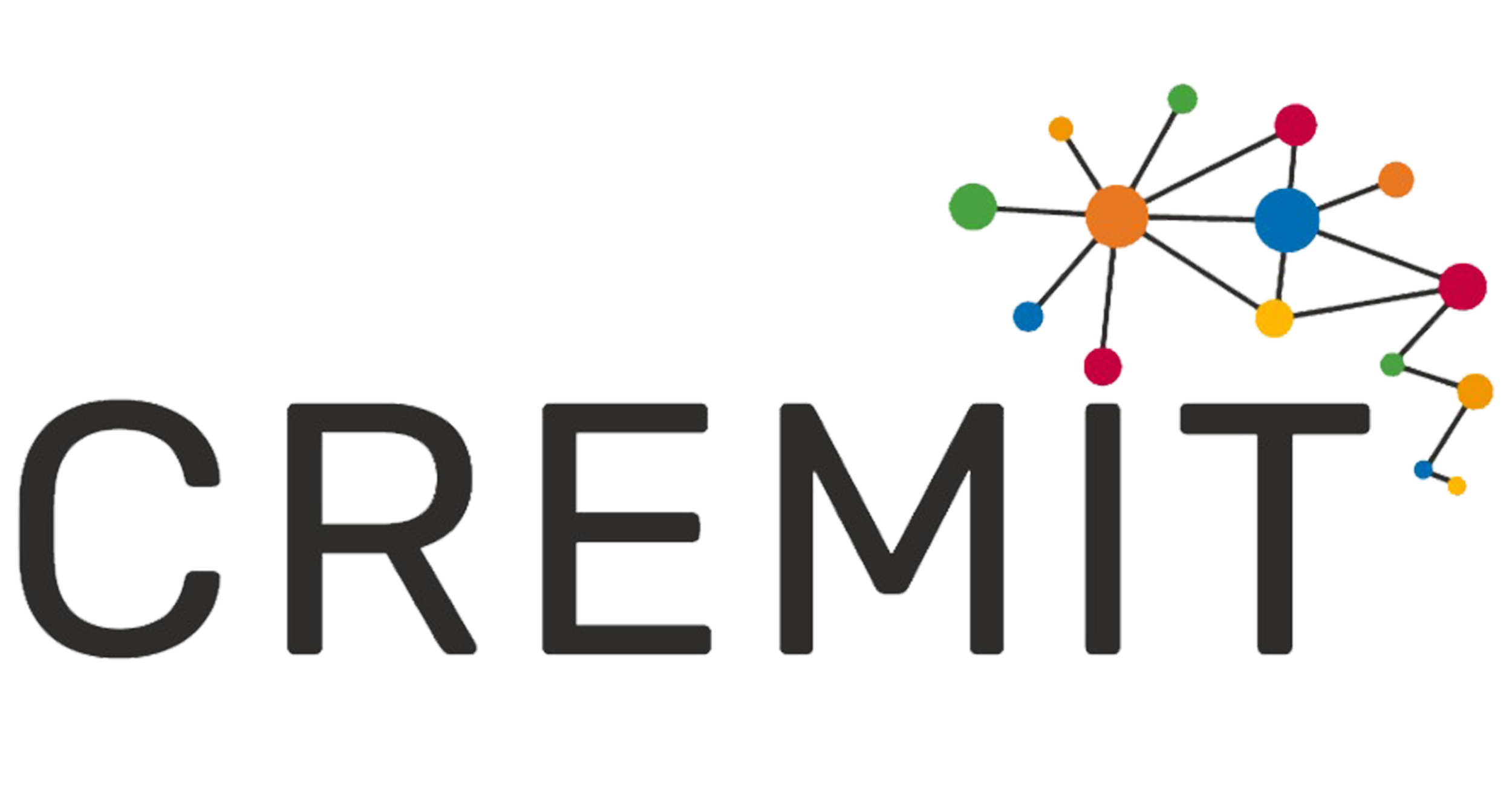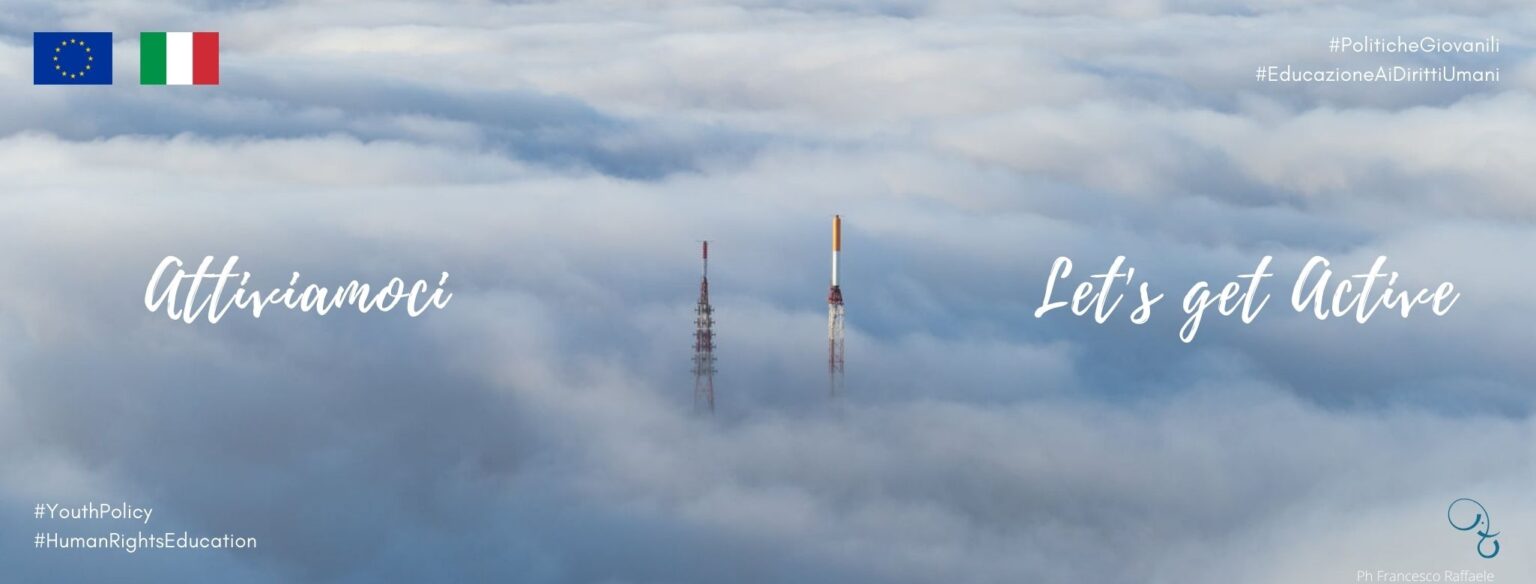
Enrico Elefante
In this issue, Global CREMIT wants to give space to the project “Attiviamoci – Let’s get active” created by Enrico Elefante who is Member of the Council of Europe Youth Department Trainers Pool. In the form of a journal, he will share with us part of the path that led him from a peripheral reality in southern Italy to the regional, national and international world of youth policies with which he still collaborates. His story speaks of being rooted in the problems and contradictions of a country, Italy, which is a theme embodied by his initiatives: “Attiviamoci – Let’s get active“.
“Attiviamoci – Let’s get active” is a personal initiative that emerged from a strong expertise in Youth Policy. The idea was born during the full lock-down that took place this year (2020), which now is coming to an end with its many contradictions and tragic events. But for me it started with a specific very positive purpose: The will to root myself. In which sense? Well, my work as an international trainer in youth projects has led me many times to deal with this simple and profound concept: “embodiment”, which has a lot to do with roots as a symbol but also as a personal characteristic that every human being usually has of the environment in which he/she might feel safe, free, and complete. The Non-Formal Education approach, in the definition given by the manual of the Council of Europe COMPASS explains it in terms of a holistic approach, which must always be keep in mind in human rights education with young people. What is this about?
Well, practically it means that a system should be viewed as a whole, not merely as a collection of parts. I have experimented how this concept is perfectly valid when applied to educational contexts as well as to the work as a trainer/youth-worker/decision-maker in youth-related contexts. Yes, even if holism as a concept can be applied to a large number of systems and to a variety of topics, perhaps in Youth Policies this concept can be very effective.
In my work, which embraces a variety of contexts, local and international, sometimes very simple and often complex and prestigious, I have usually found contradictions in terms of these “policies dedicated to young people”. While at European level they are clearly and cohesively defined, their application by different institutions varies depending on the framework that they follow. That is, these policies are implemented separately depending on the context where a certain institution operates (e.g. educational, participatory, social, entrepreneurial) thus appearing disjointed from the greater picture promoted by the European Union; “Attiviamoci – Let’s get active” wishes to raise this awareness among its interlocutors.
In other words, at different levels, youth policies can have many definitions and applications, but they can only concern a specific segment of the population (young people), and exactly for this motivation, for such an important target group they can only have public value and a multi-stakeholder approach that is rooted in certain, strong, thematic references: information and participation. My great curiosity and the many qualified interlocutors I met along the way gave me a lot of insights in this area and made me reflect a lot on how those informative and participative elements are equally important aspects and how much they need to be promoted and disseminated.
During a period of forced isolation and slowed down processes imposed by the pandemic, I thought much about they ways to translate my competence and networks into action and how to trigger new synergies, for a structured reflection in this area, and formulate an action plan. The result was an idea of a simple path: “Attiviamoci – Let’s get active” which precisely on these themes wants to give an incentive to connect and mobilize those who share the same ideas and necessities. Already during the first meeting I was able to define specific medium-term objectives, among which:
- A national think-tank on youth policies;
- A resource center to promote institutional good practices;
- The Italian institute of non-formal education.
These initiatives will require a strong cohesion between different actors from local and national institutions, starting with individual operators and representatives from various organizations, academic researchers, practitioners and anyone who intends to receive training in and create connections to the subject of Youth Policies and Human Rights Education.
The strength of this initiative, therefore, lies precisely in its participatory and voluntary approach, outlined only as a guideline in its final objectives. To this path can adhere those directly involved and who share interest for the topic and a desire to deepen its many aspects and links to the local, regional, national, and international context.
From a simple attempt, transformed into a registration form simply shared on Facebook since late October, it has already become an initiative at its second meeting, which is organized in seven workshops that want to touch on theories and practices of the different aspects of the union between Youth Policies and Human Rights Education following the wishes of the frameworks that the Council of Europe and the European Union devised in order to find new ways to “give things their name”.
On the following article featured on Global CREMIT I will share the ways in which I reached this motivation to coordinate a group that now consists of more than 60 members including local administrators, trainers, social entrepreneurs, researchers and simple enthusiast citizen interested in the subject and the format. All the participants are people interested in the opportunities and characteristics of these issues and who wish to contribute to the implementation of the quality of Youth Policies in their local, regional, national context and contribute to a piece of the complex and incredibly important mosaic that can sustain the future of Europe and the world: Youth Policies.
Enrico Elefante is Educational Advisor and Consultant, Expert in youth policy and participative processes, with training and facilitation skills. He is Member of the Council of Europe Youth Department Trainers Pool. Enrico worked in many fields, especially related to training of trainers, empowerment of youngster with fewer opportunities and civic engagement in local, regional, national and international backgrounds. Human Rights Education enthusiast and strong supporter of European values, Enrico believes in the diversity as an added value in human empowerment and in active participation as a civic attitude and a social need.








